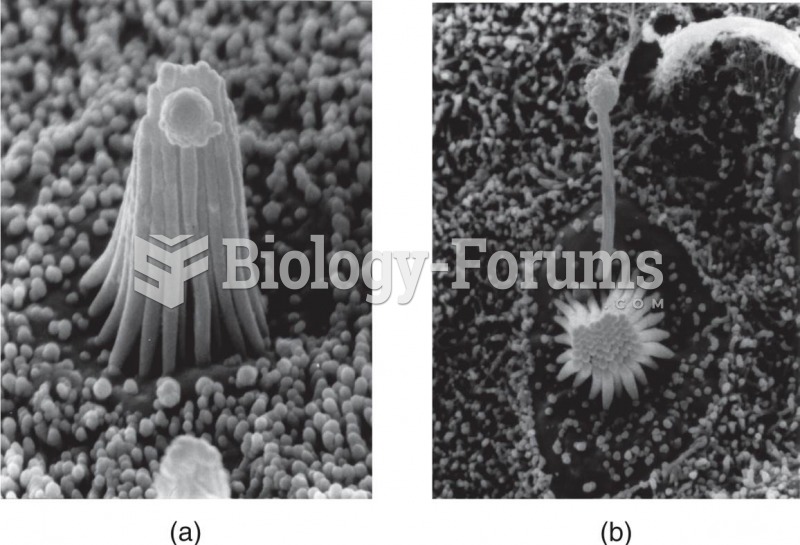|
|
|
Did you know?
Cancer has been around as long as humankind, but only in the second half of the twentieth century did the number of cancer cases explode.
Did you know?
Approximately 500,000 babies are born each year in the United States to teenage mothers.
Did you know?
Only 12 hours after an egg cell is fertilized by a sperm cell, the egg cell starts to divide. As it continues to divide, it moves along the fallopian tube toward the uterus at about 1 inch per day.
Did you know?
There are approximately 3 million unintended pregnancies in the United States each year.
Did you know?
The first oral chemotherapy drug for colon cancer was approved by FDA in 2001.







